Today’s readings
So we’ve taken down most of the Christmas decorations, and we won’t see the poinsettias and manger until next year. Yet we’re not quite done with the Christmas season in the Church. Traditionally, some aspects of Christmas joy and amazement remain in our Liturgy through February 2nd, the feast of the Presentation of the Lord. Today is an example of that. I almost think this should be called the Third Sunday of Epiphany. I say that because the Church has traditionally held that there are three traditional Epiphanies.
We’ll back up just a bit here. The word Epiphany, as we discussed two weeks ago on that feast, means a “manifestation;” we often think of it as a kind of “aha!” moment. It is basically God doing a “God thing” so that we will sit up and take notice. And so on the Feast of the Epiphany, we traditionally think of the first Scriptural Epiphany: the visit of the Magi to the Christ child. The other two traditional Epiphanies are, first, what we celebrated last week: the baptism of the Lord in the Jordan River by his cousin, Saint John the Baptist. And then the third Epiphany is what we have in the Gospel this week: the miracle of changing water into wine at the wedding feast at Cana.
So in each of these Epiphanies, we learn something about our Lord. In the first Epiphany, the Magi bring gifts of gold, frankincense and myrrh, which reveals that this is no ordinary child. No, this is the Child come from God who is to be anointed priest, prophet and king. Gold for a king; frankincense for a priest; and then the myrrh which foreshadows Jesus’ suffering and death on the Cross, all to pay the price for our sins and bring in the joy of God’s mercy and redemption. In this Epiphany, Jesus is revealed as the One who has come to manifest God’s love in an incredibly generous way.
In the second Epiphany, Jesus is baptized. John’s baptism was for the forgiveness of sins, which clearly was not necessary for Jesus. Instead, his baptism consecrates the waters of baptism, so that every person ever to be baptized is washed with the same water that touched our Lord. In our own baptisms now, we can inherit divinity because the Divine man, Jesus Christ, was washed in that same water. Because Jesus humbled himself to be baptized, because he humbled himself to share in our humanity, we can be exalted to share in his divinity. In this Epiphany, Jesus is revealed as the One who claims all of broken humanity to be made new by God’s mercy.
In the third Epiphany, today, Jesus, having gathered his disciples and on the verge of his ministry, changes water into wine. But we know the symbolism of these things. Whenever we see water in the Scriptures, the Church thinks of Baptism, and whenever we see wine in the Scriptures, the Church thinks of the Eucharist, the blood of Christ. Here gallons of water, set aside for washing – another baptismal image – are miraculously turned into the best wine ever, poured out in superabundance to quench the thirst of those who gather for a feast. Clearly these are Eucharistic images for us. In this Epiphany, Jesus is revealed as the One who provides life-giving blood, the best wine ever, for all those who are baptized, all those who follow him in faith.
Over these three weeks, we have come to see who Jesus is in some very particular ways. If we had never heard of him before, but came to Mass these three weeks, we would have learned of a God who cares enough for us, his creatures, to provide a way for them to be healed from their sinfulness, cured of their brokenness, and changed from profanity to divinity, from death to eternity. If we had never before heard the Gospel, these three weeks would reveal very good news indeed!
But, of course, we have heard the Gospel and been raised in the faith. And so these three weeks are an opportunity for us to look once again at our precious Lord, in the great outpouring of God’s love that the Incarnation truly is, and see that he continues to reveal himself and his grace in so many ways among us every day. Have you had an experience of Epiphany this week? Has God given you what you need – probably through someone else – in just the way you needed it at some time recently? Have you seen God’s love active in a new way this Christmas season? If so, now is the time to give thanks for that experience.
And we have to remember that Jesus wants us to be Epiphany as well. God wants to use us in some way to reveal his love and grace to others. It doesn’t have to be a big and incredible experience. It might just be doing, as Saint Therese of Liseaux used to say, little things with great love. Then others can see Christ at work in you and me. Then we can be Epiphany and shine the bright light of Christ’s love in a world that is very dark and ponderous and weary. How do we do that? Mary’s instruction is all that we need to hear: “Do whatever he tells you.”
That word of instruction from our Blessed Mother is one that was directed not just to the waiters, but even more importantly to us. As we see who Jesus is in our lives, as he reveals himself and his will for us, we baptized believers, who are fed at the Table of the Eucharist with the Bread of Life and the Wine of Salvation, with his very own Body and Blood, must act on that Epiphany and do what he tells us.
Sometimes people struggle with this. They hear the call, but are afraid, or uneasy, or unmotivated, and they let the call go by. At the end of our lives, we never want to be wondering “what if” we had followed the call, “what if” we had done what he told us. If we want to be happy, truly happy in this life and forever happy in the next, we have to take the leap of faith and follow our Lord. Whatever happens as a result of that will be guided by the hand of our God who wants the best for us. If we want to be happy, we have to live the Epiphany, be the Epiphany: “Do whatever he tells you.”
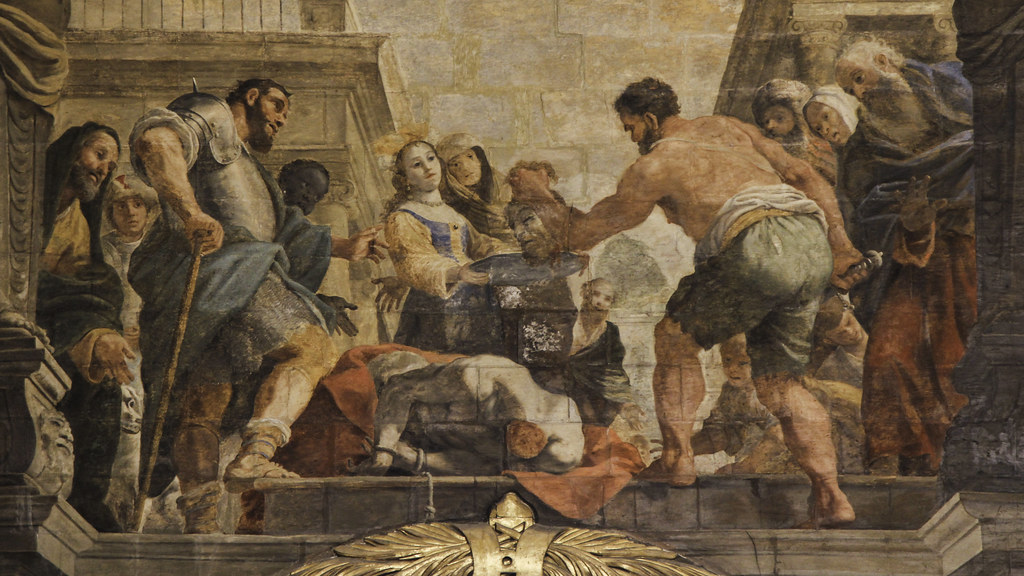
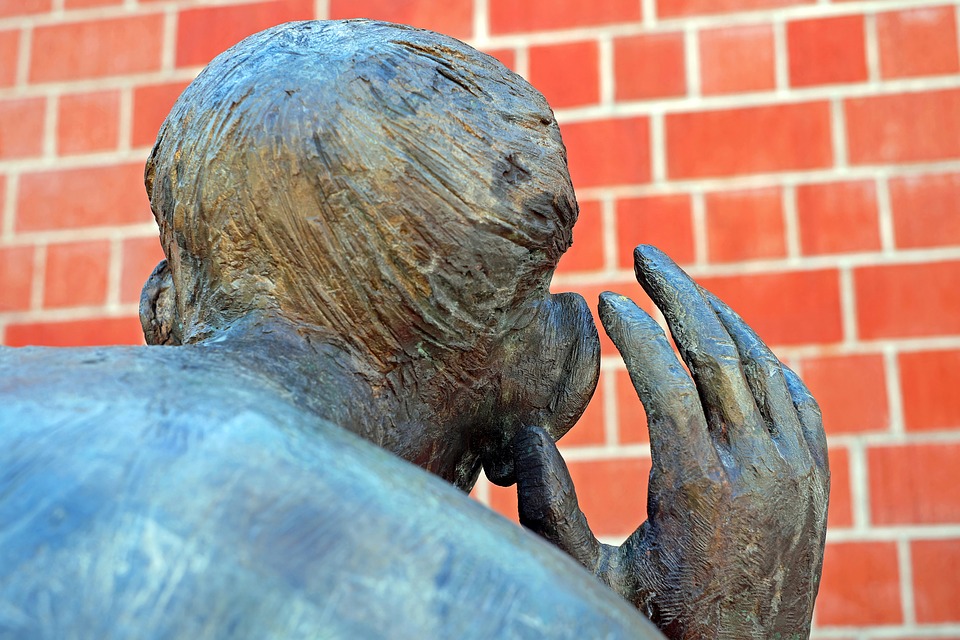
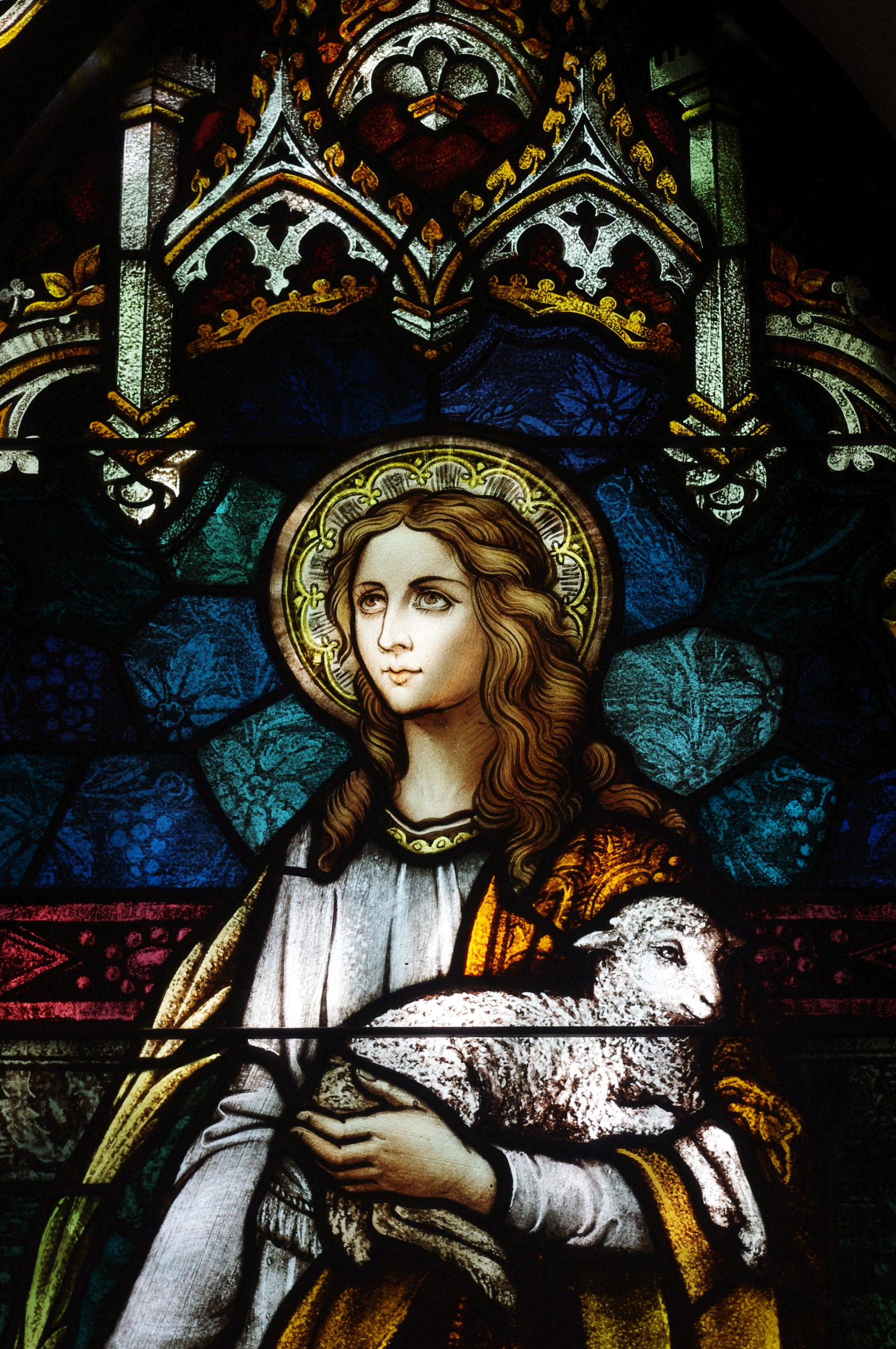
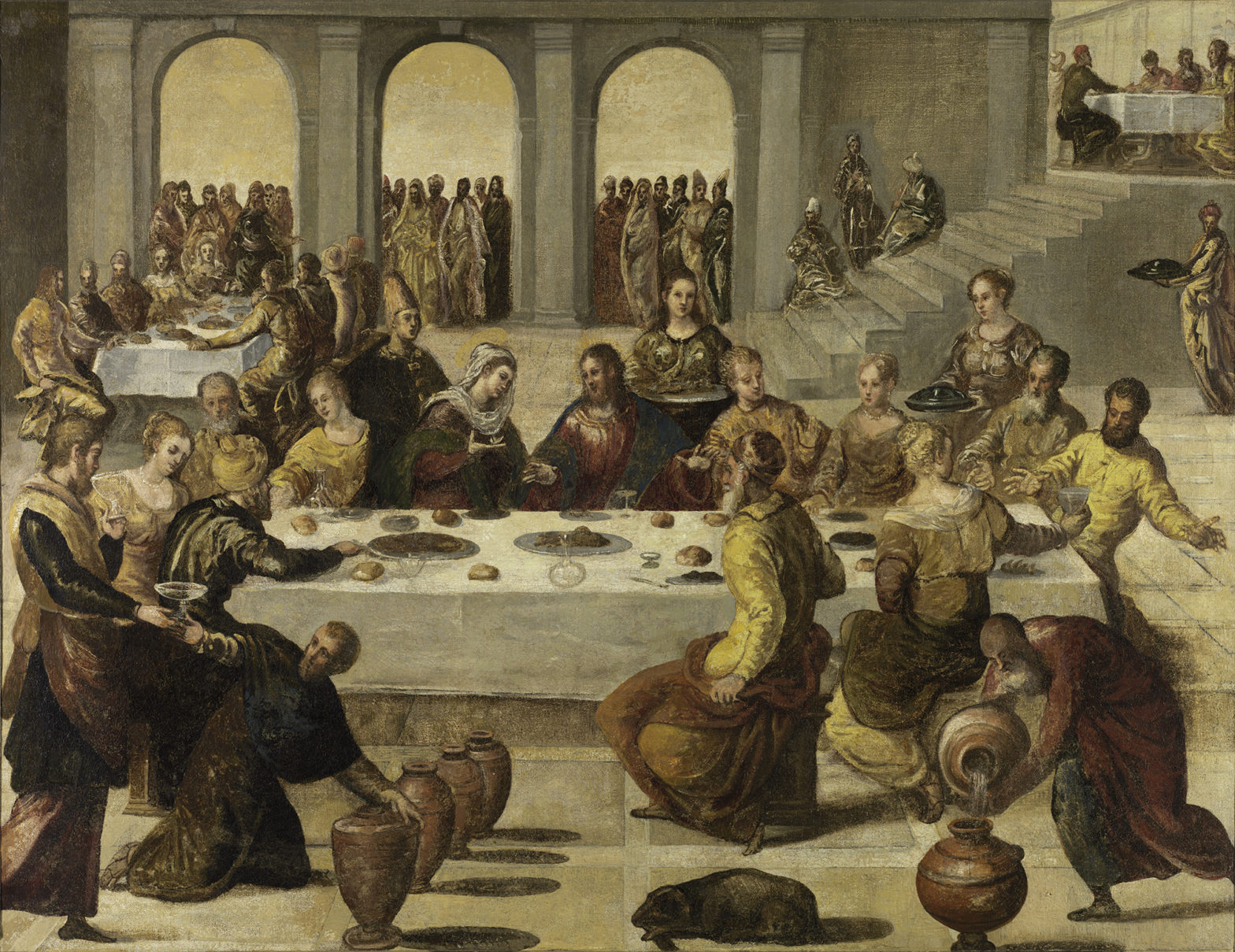
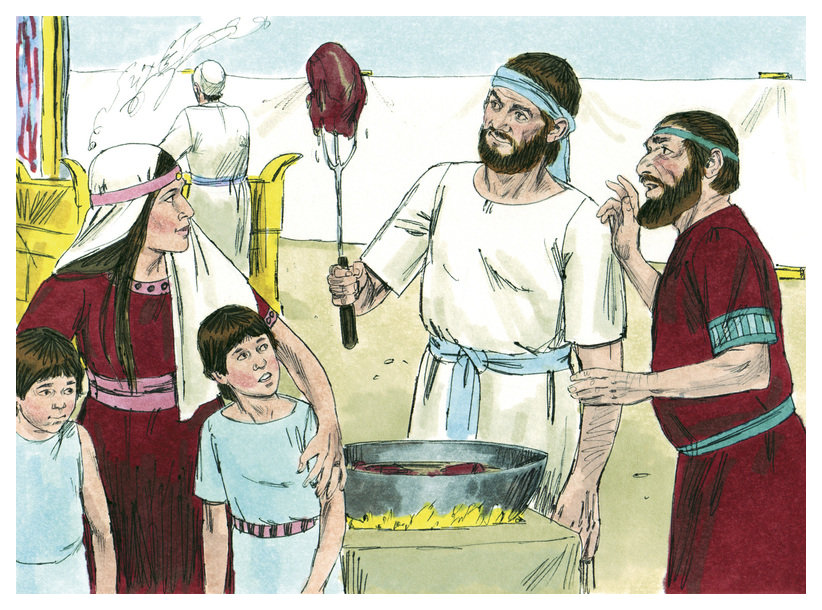
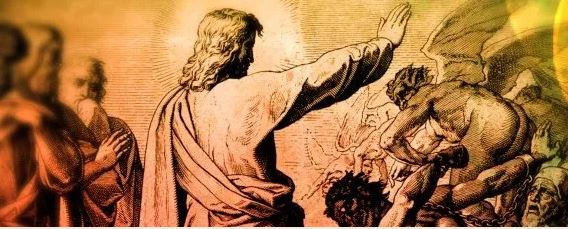
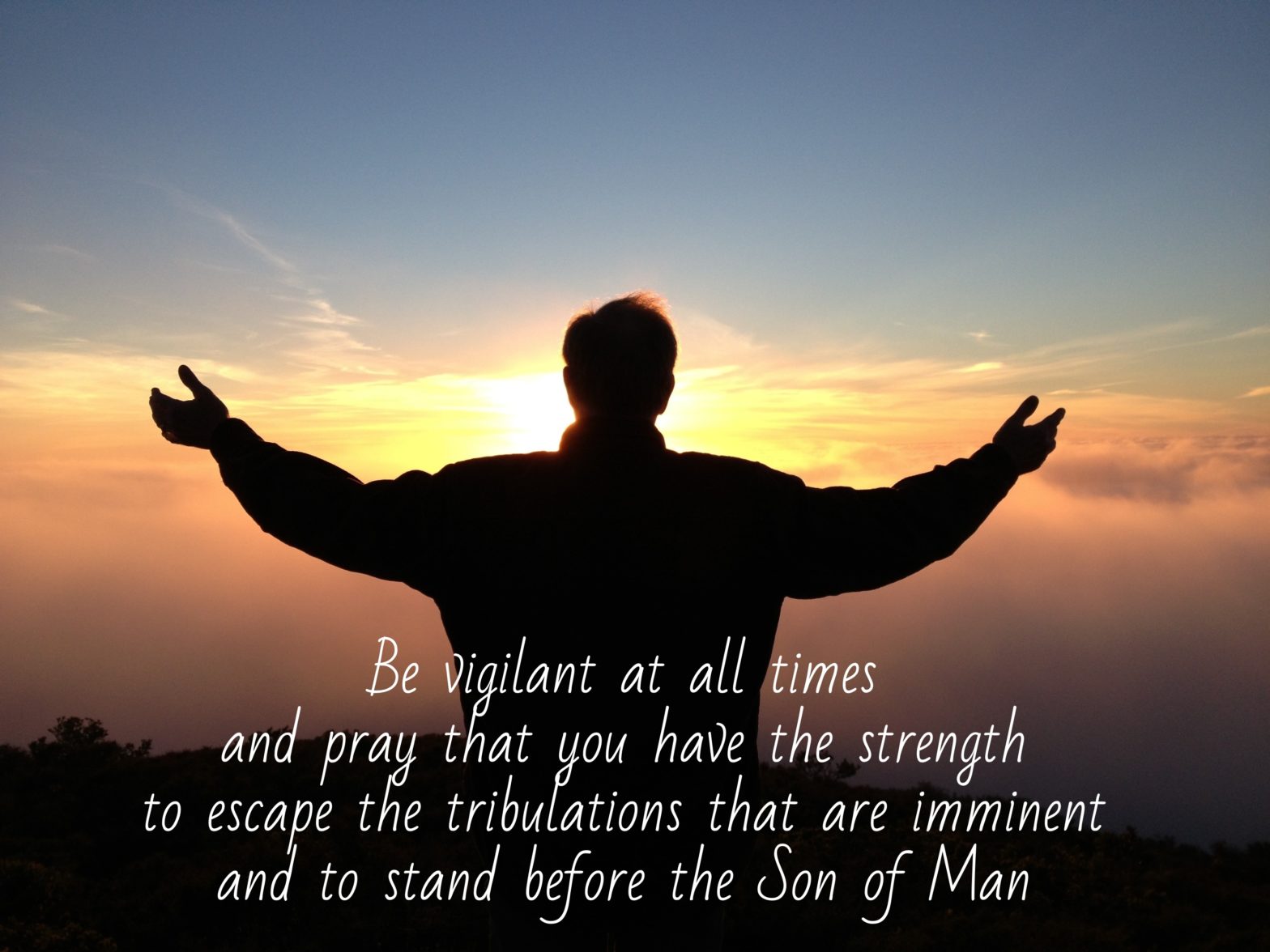
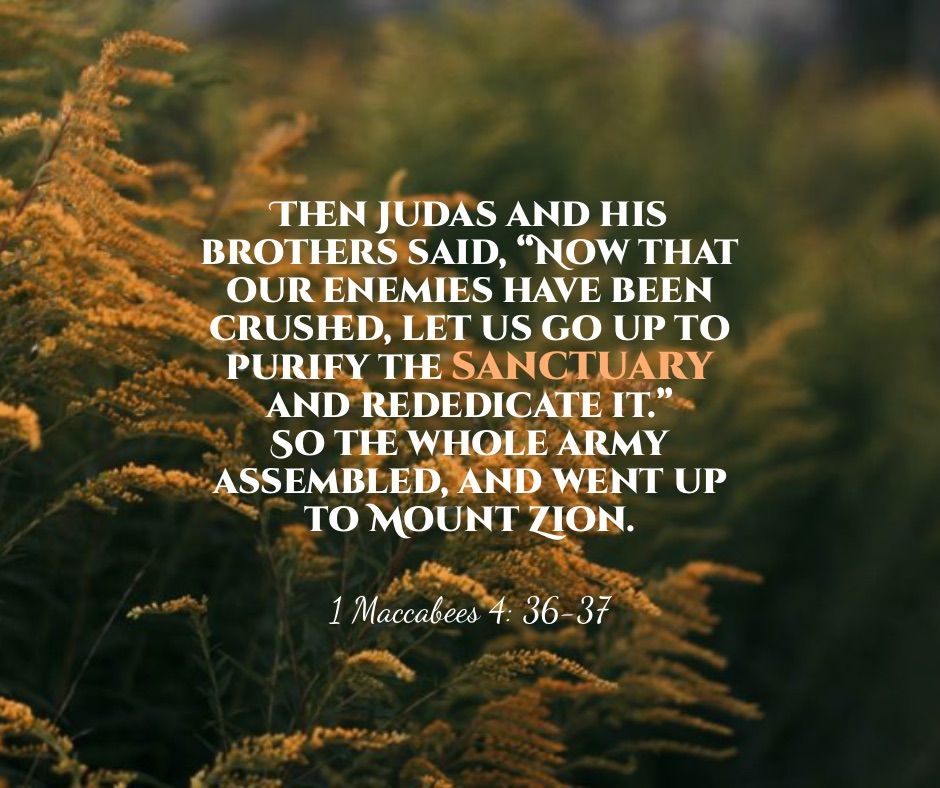
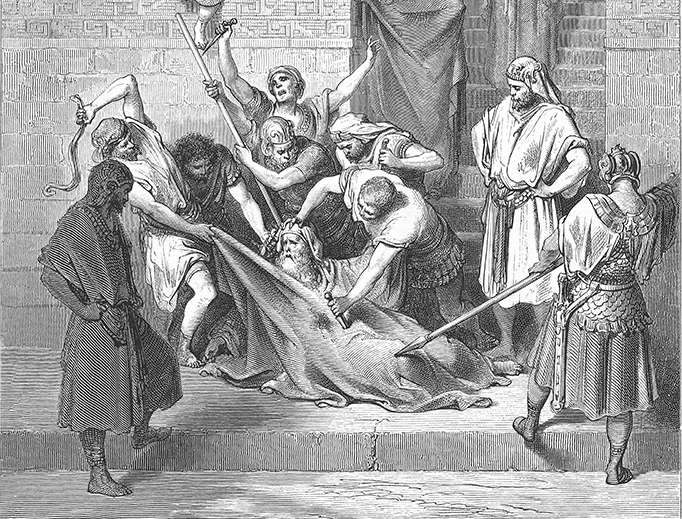
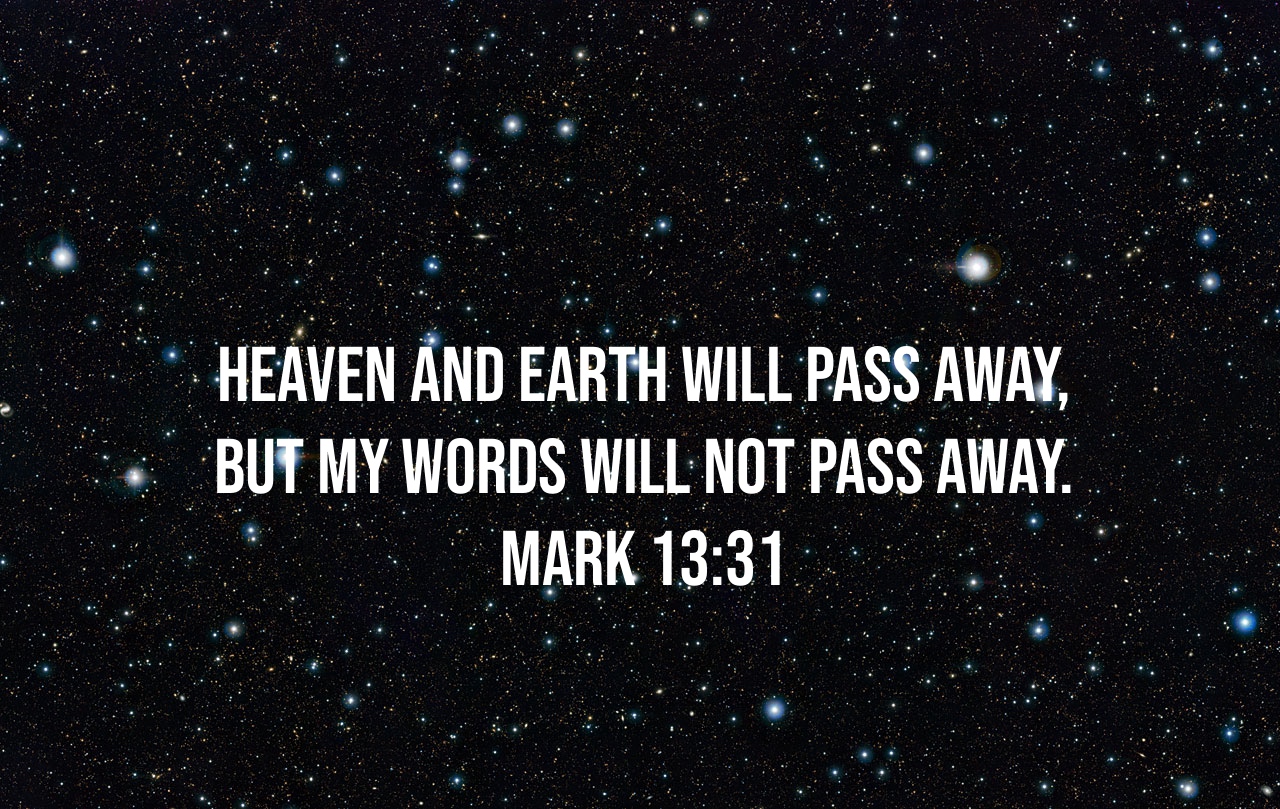
You must be logged in to post a comment.